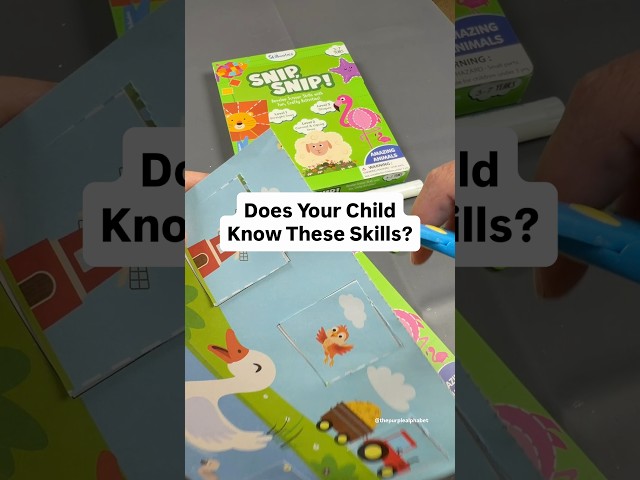Engaging children in sport recreation from a young age is crucial for their overall development. It promotes physical health, social skills, and emotional well-being. However, knowing the best age to introduce children to various sports can help maximize these benefits while ensuring they enjoy the experience.
Ages 2-5: Building Foundations Through Play
At this age, the focus should be on fun and basic motor skills development. Activities should be unstructured and centered around play to build a foundation for future athletic skills.
- Benefits: Enhances coordination, balance, and fundamental movement skills.
- Recommended Activities: Running, jumping, climbing, throwing, catching, and simple games like tag or follow-the-leader.
- Tips for Parents: Encourage active play, use a variety of toys and equipment, and avoid pressure or competition.
Ages 5-7: Introducing Structured Activities
Children are now ready for more structured activities that introduce basic rules and teamwork concepts.
- Benefits: Improves basic sports skills, fosters social interaction, and begins to teach discipline.
- Recommended Activities: Swimming, gymnastics, soccer, t-ball, and basic martial arts.
- Tips for Parents: Focus on skill development and enjoyment rather than competition, and encourage participation in multiple sports to avoid early specialization.
Ages 7-9: Developing Skills and Teamwork
At this stage, children can handle more structured practices and begin to develop specific skills in their chosen sports.
- Benefits: Enhances physical fitness, teaches cooperation and sportsmanship, and builds self-confidence.
- Recommended Activities: Basketball, baseball, softball, tennis, and dance.
- Tips for Parents: Emphasize the importance of practice and effort, and ensure a positive and supportive environment.
Ages 9-12: Expanding Skills and Competitive Play
Children in this age group are ready for more advanced skills training and competitive play. This is a critical period for developing a deeper interest in specific sports.
- Benefits: Increases physical abilities, promotes strategic thinking, and strengthens social bonds through teamwork.
- Recommended Activities: Football, volleyball, track and field, and more advanced levels of previously introduced sports.
- Tips for Parents: Encourage healthy competition, teach good sportsmanship, and support their interests and goals.
Ages 12 and Up: Specialization and Advanced Training
As children enter adolescence, they may choose to specialize in one or two sports. This is also the time when they can handle more intense training and competition.
- Benefits: Refines technical skills, enhances physical conditioning, and prepares for potential competitive or school sports teams.
- Recommended Activities: Competitive team sports (soccer, basketball, etc.), individual sports (tennis, swimming), and continued involvement in physical activities for overall health.
- Tips for Parents: Ensure a balanced approach to training and academics, be vigilant about preventing burnout, and provide emotional support.
General Tips for Parents and Guardians
- Encouragement Over Pressure: Always encourage and support your child’s efforts, focusing on enjoyment rather than pressure to perform.
- Safety First: Ensure children use appropriate equipment and follow safety guidelines to prevent injuries.
- Listen to Your Child: Pay attention to their interests and preferences, and allow them to try different sports until they find what they enjoy most.
- Model Active Behavior: Set a good example by being active yourself and participating in physical activities as a family.
The best years for children to start with sport recreation vary based on developmental stages and individual interests. By introducing them to sports at an early age and supporting their growth through various activities, parents can help their children develop a lifelong love for physical activity, teamwork, and healthy living. The key is to focus on fun, skill development, and fostering a positive attitude towards sports and recreation.






